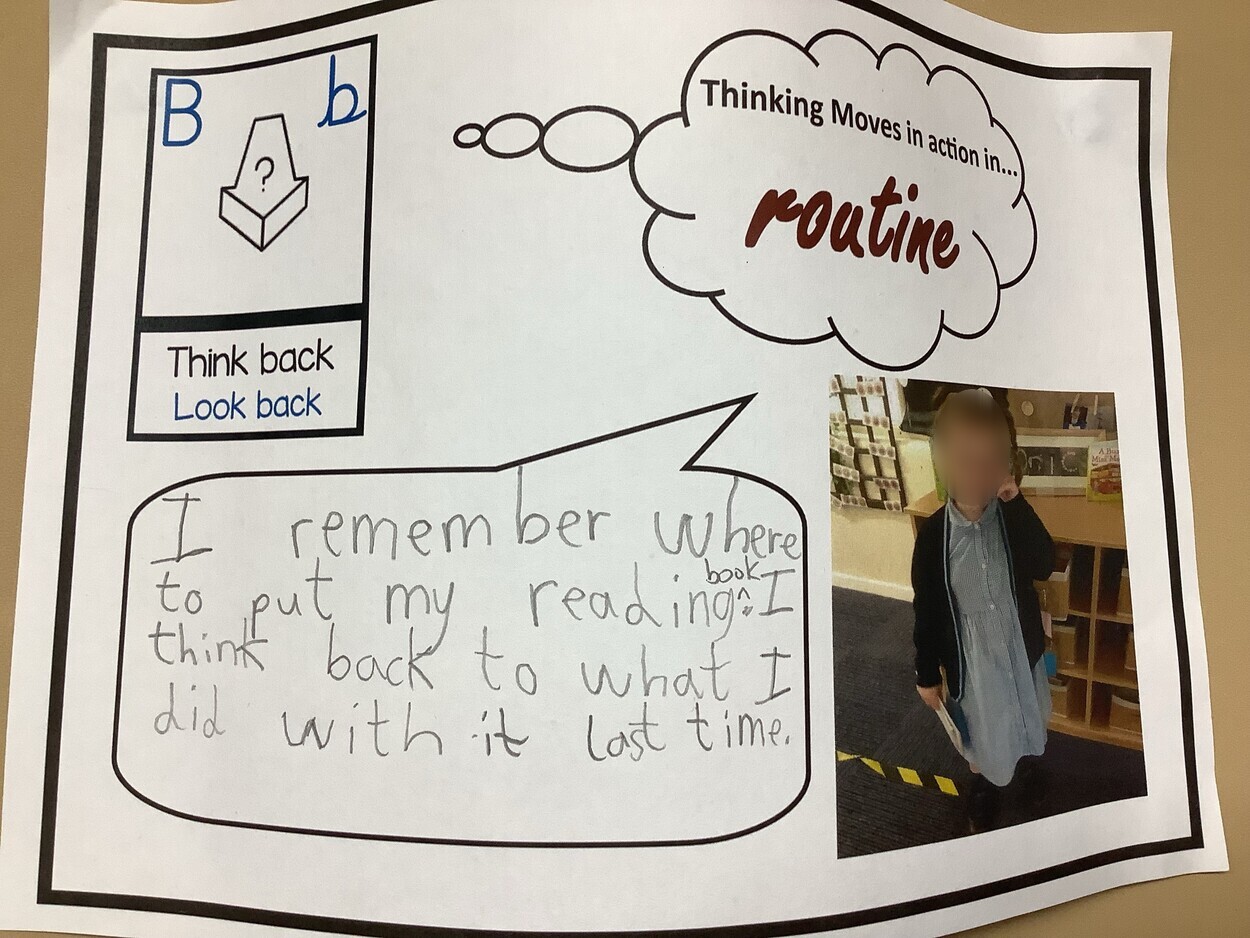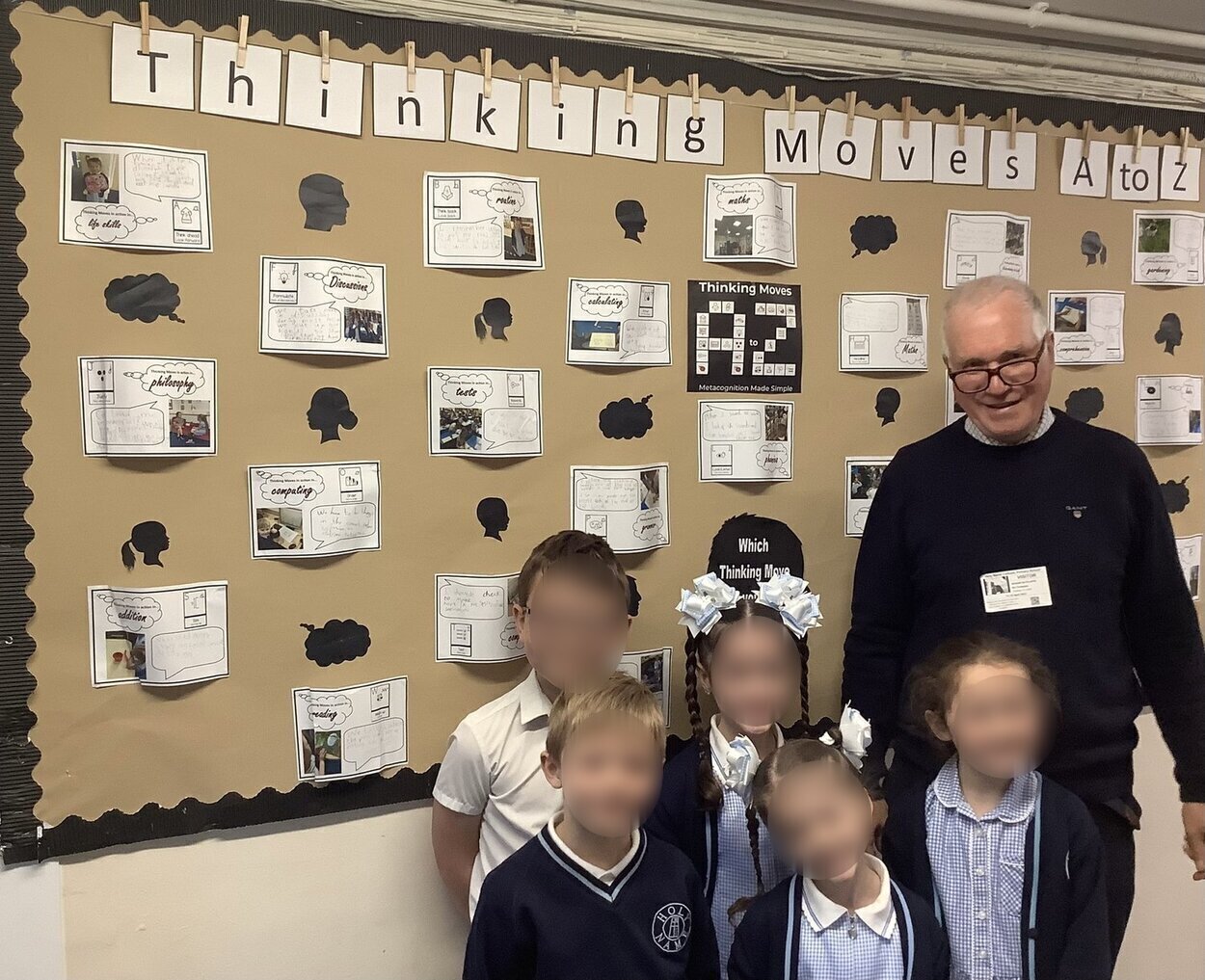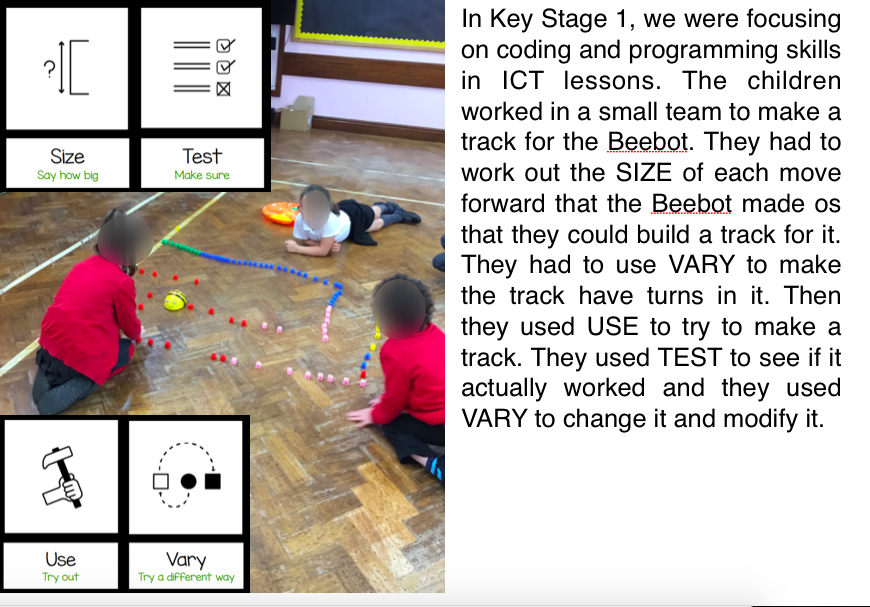Metacognition - a simple definition
The word ‘metacognition’ was coined in the 1970’s by American psychologist, John Flavell. The idea has gradually spread into mainstream education and is now defined by the Education Endowment Foundation as:
"Ways in which pupils monitor and purposeful direct their own learning" and the OED defines it as "awareness and understanding of one’s thought processes."

Why is metacognition important?
Research by the Education Endowment Foundation has shown that effective strategies for metacognition and self-regulation:
- are very high impact for very low cost based on extensive evidence
- can be worth the equivalent of an additional +7 months’ progress when used well
- can motivate pupils to engage in, and improve, their learning.
- can be particularly effective for low achieving and disadvantaged pupils.
Thinking Moves A – Z supports every step of the EEF’s recommended framework for metacognition and self-regulated learning.
What is "Thinking Moves A-Z"?
“Stunningly simple, yet remarkably rich.”
Thinking Moves is the easiest way to embed metacognition across all subjects.
It’s a framework for teaching thinking out loud: 26 distinct acts of thinking organised in a memorable A-Z - a periodic table of thinking.
Thinking Moves gives children a vocabulary for their thinking. Help them:
- become aware of their own thinking, and that of others
- take greater responsibility for their learning
- choose the right moves at the right time
The A-Z presents the fundamental building blocks of thinking - rather than long-term dispositions or character traits.
Understandable. Comprehensive. And most importantly, memorable.
The Thinking Moves story
Roger Sutcliffe had been focussed on teaching thinking in one way or another for 40 years – as an English teacher, then a Maths teacher, then a Philosophy for Children trainer, and for some years as a consultant for Thinking Schools International.
In the last role he became increasingly frustrated with the various “thinking skills” approaches that were being advocated and activated. They varied between the over-elaborate and the gimmicky, and with very little coherence between them. Worse, not one of them was a complete system - not even Bloom’s famous taxonomy, which fails to include fundamental skills such as questioning, quantifying and justifying.
So, he set about creating a scheme that was simple and memorable, practical and complete – one that could be used by teachers to teach thinking more systematically and effectively, but also by learners to manage their thinking and, thereby, manage their own learning and lives better.
After eight years of reiterations, reflections and new resolutions, he finally published the Thinking Moves A – Z book in 2020, with Tom and Jason from The Philosophy Man. Despite the almost immediate constraints of Covid, the scheme has been gratefully taken up by teachers from Early Years to 6th form, and has already been translated into several languages, including Chinese and Arabic.”


Fancy a chat about it?
No obligation - just a chat about what might be possible!
This sounds great! How do I book training?
Contact us using the form below and we'll get back to you as quickly as we can.